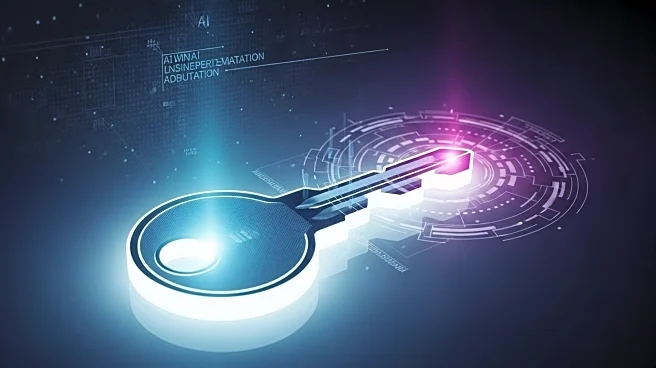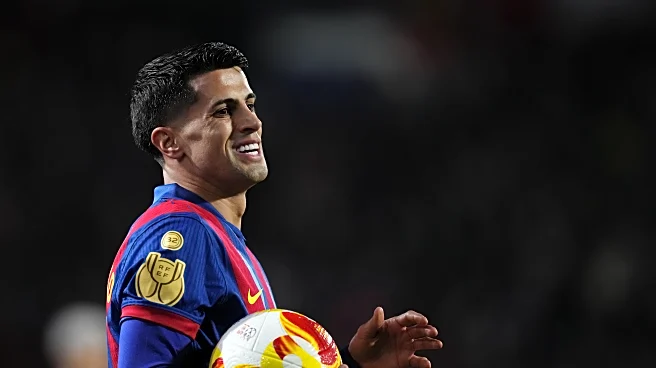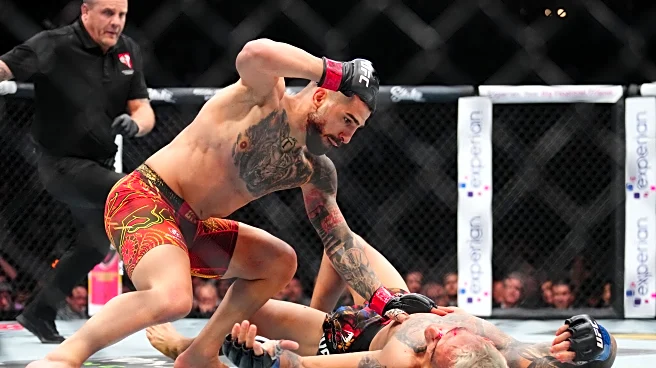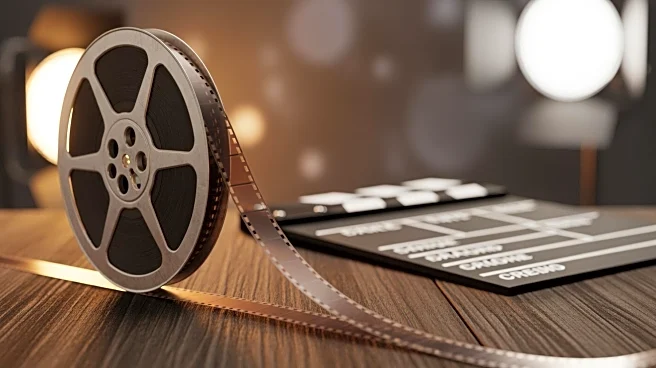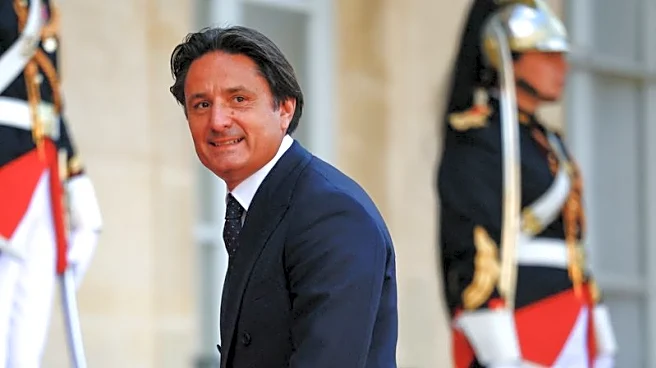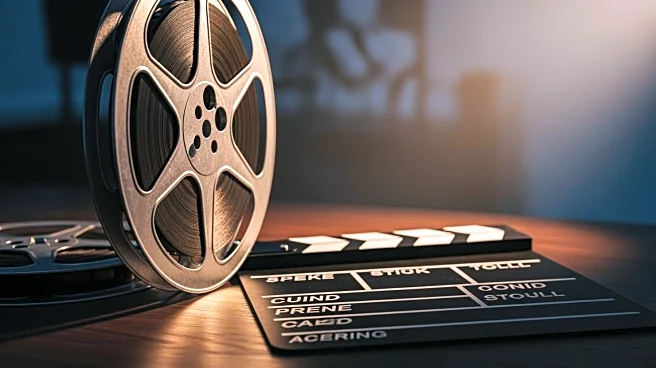What's Happening?
OpenAI has revised its copyright policy for its Sora 2 AI video generation model following backlash over the use of copyrighted content. The company faced criticism after Sora-generated videos featuring characters from Japanese IPs, such as Nintendo and Studio Ghibli, went viral. In response, OpenAI announced that it will now require explicit permission from copyright holders before using their content in Sora. This change aims to give rightsholders more control over how their characters are used, addressing concerns about potential copyright infringement.
Why It's Important?
This policy shift is crucial as it addresses the growing concerns about AI-generated content and intellectual property rights. By requiring opt-in consent from copyright holders, OpenAI is taking steps to prevent legal disputes and protect the interests of content creators. This move could set a precedent for other AI companies, influencing how they handle copyrighted material. The decision also highlights the challenges of balancing innovation with legal and ethical considerations in the rapidly evolving field of AI.
What's Next?
OpenAI's revised policy may lead to increased collaboration with content creators and rightsholders, potentially opening new avenues for interactive fan engagement. However, the company may still face scrutiny from legal experts and industry stakeholders as it navigates the complexities of copyright law. Other AI companies may follow suit, adopting similar policies to mitigate legal risks. The ongoing dialogue between AI developers and content creators will likely shape future regulations and industry standards.
